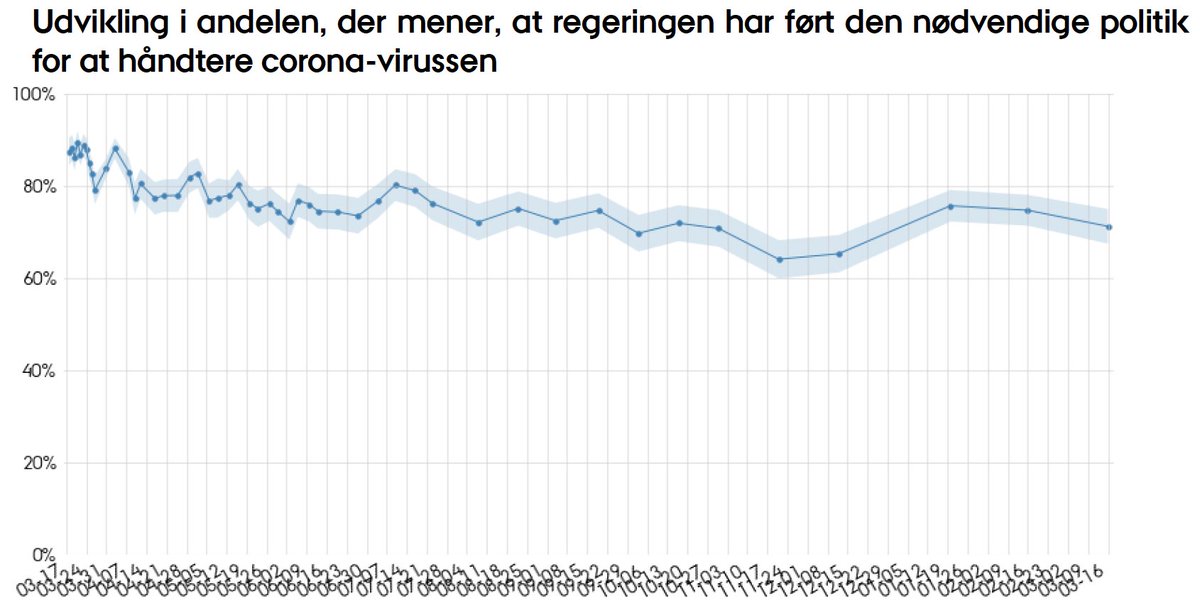
🚨 How should authorities communicate about #covid19 vaccines? A concern is that transparency about side-effects will induce hesistancy. In our new paper in @PNASNews, we show that even if transparency induces hesistancy, it is key for sustaining a core resource: Trust. 🧵 [1/7] 

In 2 pre-registered tests with 13,000+ Americans & Danes, we show how transparency & content of vaccine info shapes acceptance, trust & conspiracy beliefs. We compare transparency with an often used form of communication in patient-doctor relationships: Vague reassurance. [2/7]
We show that transparency regarding negative features of a COVID-vaccine decreases acceptance. Importantly, so does vague reassuring communication ("Don't worry - it is fine!"). Vagueness is, in essence, seen as a cover-up. [3/7] 

Moreover, vague communication also induces conspiracy beliefs and decreases trust in health authorities. Transparency, even if it reveals negative features, doesn't fuel conspiracies and *increases* trust. [4/7] 

Trust is a critical resource. "Political cynicism" (i.e., mistrust) is the major predictor of overall skepticism regarding COVID-vaccines, even more so than the perceived personal threat from the disease. [5/7] 

And among those who are already mistrusting, transparency has no effect. When trust is lost, authorities have lost their ability to reach the public. [6/7] 

All in all, transparency about negative features *will* induce hesistancy. But losing long-term trust is likely a far greater challenge. These findings serve as a clear warning to those motivated to downplay negative info with the short-term goal of not hurting acceptance. [7/7]
The full paper is available here with open access: doi.org/10.1073/pnas.2… [The end]
• • •
Missing some Tweet in this thread? You can try to
force a refresh

















